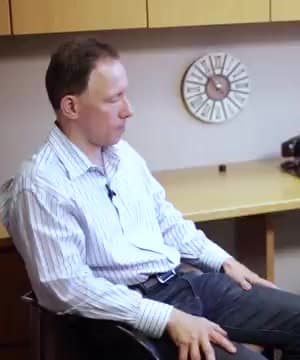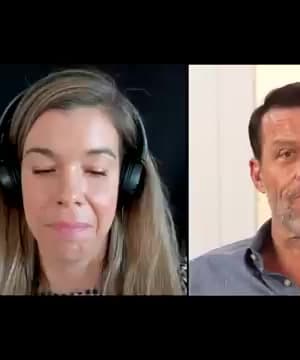What is epigenetic aging?
Sources:
Epigenetic aging refers to the changes in gene expression that occur without altering the DNA sequence itself, which are driven by processes like DNA methylation. This concept is vital for understanding biological age, distinct from chronological age. Epigenetic changes accumulate over time, and the patterns of these changes can be measured to determine an individual's biological age through what are known as epigenetic clocks.
Dr. Rhonda Patrick explains that the speed of the epigenetic clock varies among individuals due to genetics and lifestyle. For example, DNA methylation, where methyl groups are added or removed from DNA, affects gene expression and changes predictably with age 1 2. This change can indicate a person's true biological age and health status, reflecting aspects like morbidity and mortality risk 3.
Additionally, different types of senescence (like replicative and radiation-induced) have varying impacts on epigenetic age, further complicating how epigenetic aging is understood and measured 2. Ultimately, though epigenetic changes are adaptations to aging, studying them provides insights into how aging can be potentially slowed or reversed 4 5.
You can dive deeper into this topic in the episode "Dr. Steve Horvath on epigenetic aging to predict healthspan: the DNA PhenoAge and GrimAge clocks" on 2.
RELATED QUESTIONS




